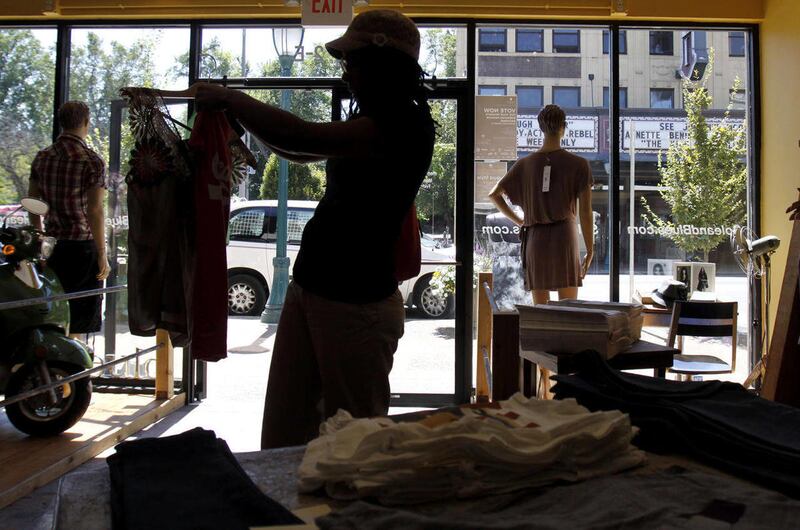The conversation surrounding fashion among older adults is evolving, as many seek to redefine their personal style in later life. While some retirees adopt comfortable attire, such as sweatpants and T-shirts, others are exploring new styles that reflect their identities and aspirations. This shift highlights the complex relationship between clothing, self-image, and social perception.
Clothing as a Reflection of Identity
Clothes communicate more than just fashion; they express who we are and how we wish to be perceived. The notion that “clothes make the man” resonates in various contexts, from casual wear to more formal attire. For example, a retired individual may don a police uniform in a story to gain community respect, illustrating how clothing can influence both self-perception and societal roles.
Many seniors, particularly women, report feeling less pressure to impress others, often leading to a more casual wardrobe. Yet, this can also stem from previous insecurities. Loretta Julander, a seventy-year-old who maintains a healthy lifestyle, recently shared her reluctance to dress up for outings. “What’s the point? I’d rather cover up than step out,” she remarked. This sentiment is not uncommon among seniors as they navigate their body image and appearance.
Research indicates that while women tend to express concerns about body image more openly, men over 60 are equally invested in their appearance, albeit less vocally. A study found that men with active social lives in this age group often care more about their body image than their female counterparts.
The Impact of Appearance on Social Interactions
The way individuals present themselves can significantly affect their social interactions and opportunities. Many seniors express concerns about being marginalized due to their age or gender. One participant in a community board meeting articulated this sentiment, stating, “I don’t want to be marginalized,” which speaks to the desire to maintain relevance and engagement in social circles.
Beyond mere vanity, the connection between personal image and health is notable. A positive self-image can enhance confidence, credibility, and overall social vitality. This relationship is essential as it influences how individuals perceive themselves and how others view them. While appearances should not overshadow health, they play a vital role in self-esteem and social engagement.
A recent survey revealed that approximately one in five adults aged 55 and older feel anxious about their overall appearance. This statistic underscores the pressures faced by seniors as they navigate societal expectations and personal feelings about their image.
Living longer presents opportunities for reinvention. Seniors can explore unique styles that resonate with their identities, moving beyond trends like the “coastal Grandma” look popularized by actress Diane Keaton in the film Something’s Gotta Give. Instead, they can opt for personal styles that reflect who they aspire to be in their later years.
Ultimately, while some may denounce consumerism and fads, the reality is that clothing choices are a significant part of social participation. Fashion can either work for or against individuals, influencing how they feel and how they are perceived. By embracing personal style, seniors can assert their identity and demonstrate that age is not a barrier to self-expression.
As the dialogue around fashion and aging continues, the message is clear: seniors should feel empowered to cultivate a style that is uniquely their own, celebrating their individuality and experiences.
